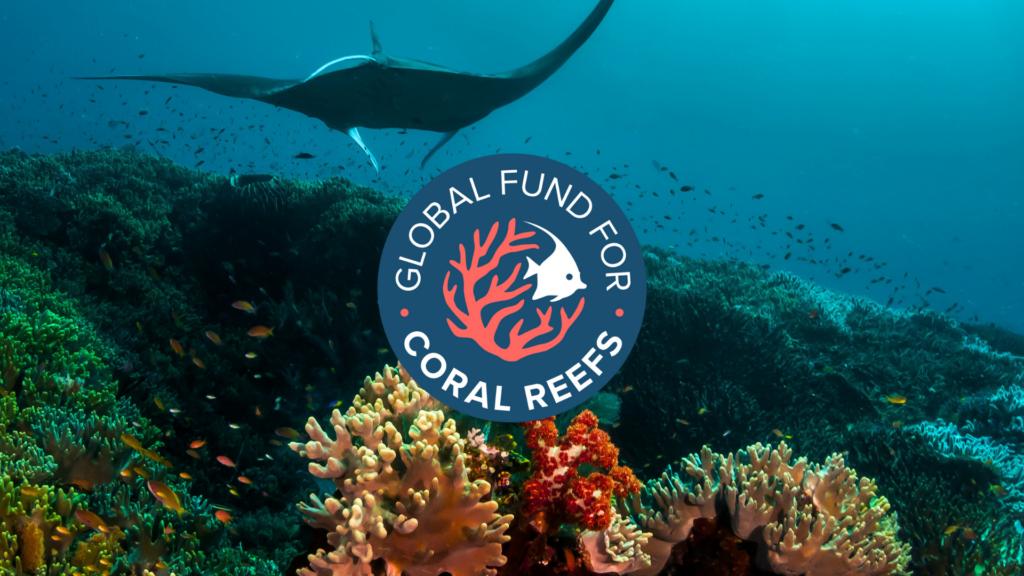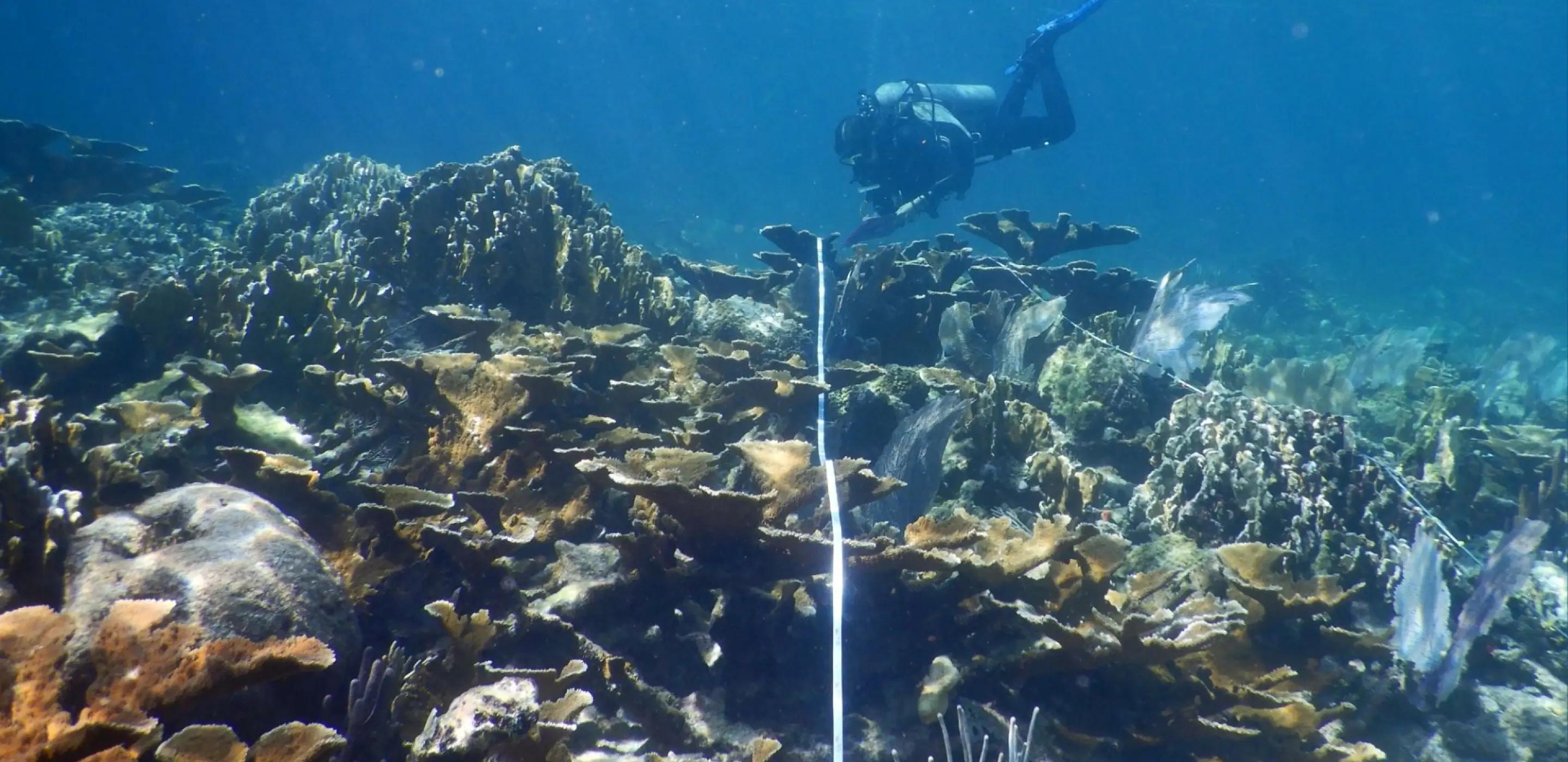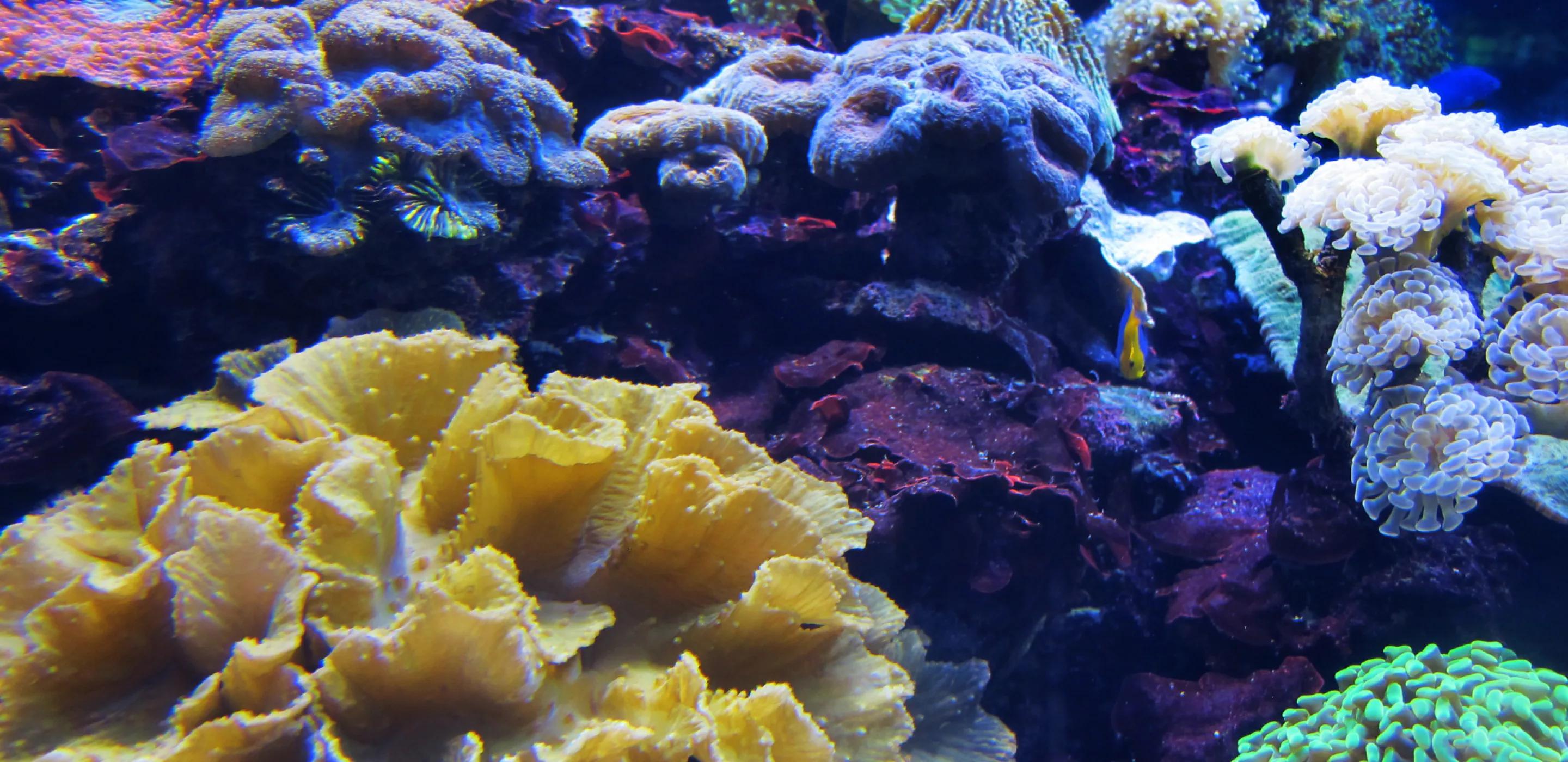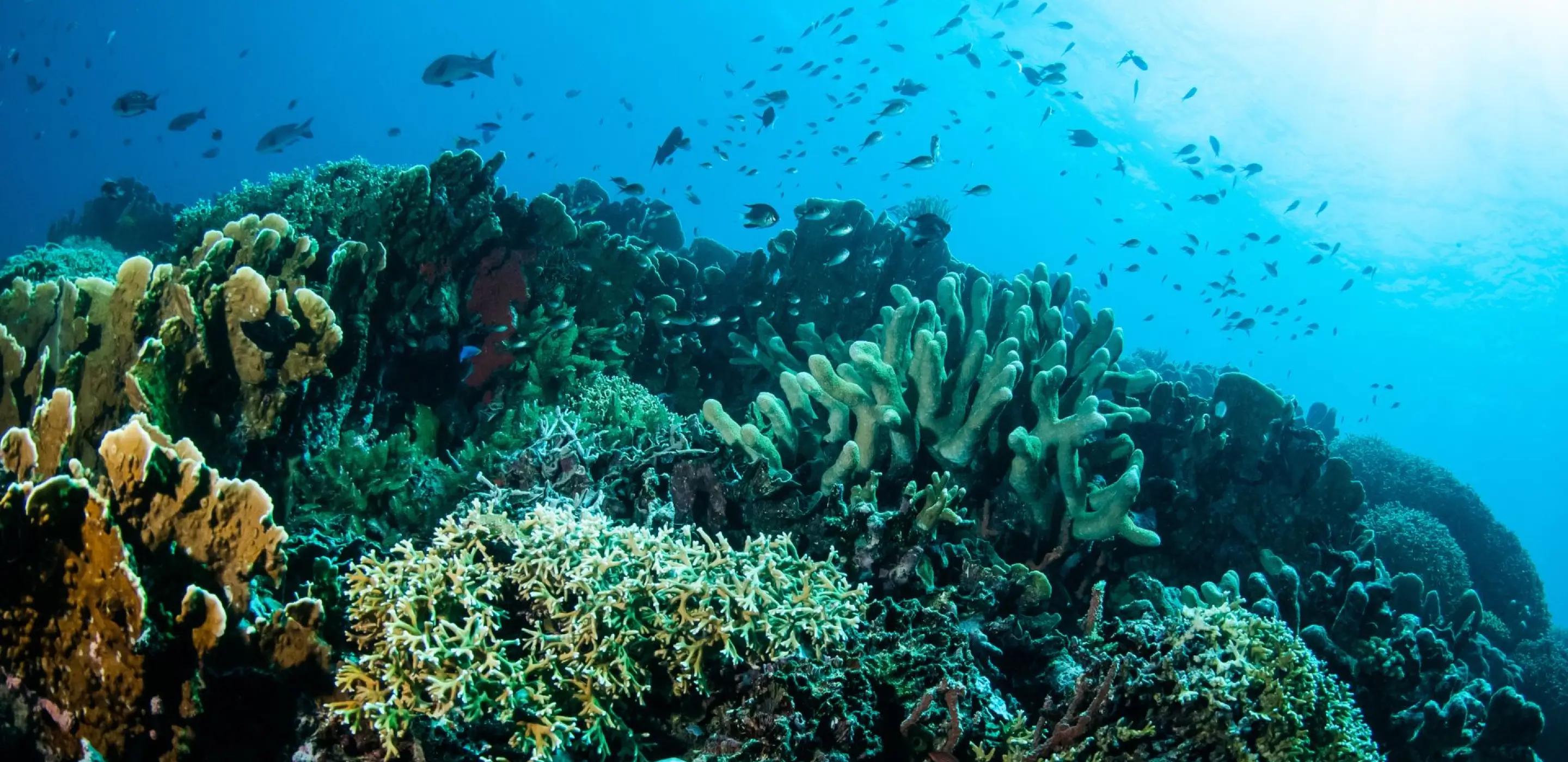Aug 08, 2024
GFCR Supports Landmark ‘Debt-For-Nature’ Swap to Protect Indonesia’s Coral Reefs

Geneva, 8 August 2024 – In a monumental achievement for marine conservation, the Governments of the United States and the Republic of Indonesia alongside key implementing partners of the Global Fund for Coral Reefs (GFCR) have signed a US$35 million debt-for-nature swap to protect Indonesia’s coral reef ecosystems.
Focusing on the Bird’s Head Seascape, the Lesser Sunda, and Banda Seascape, the agreement is the first debt-for-nature swap facilitated under the Tropical Forest and Coral Reef Conservation Act (TFCCA) dedicated to coral reef ecosystems. The landmark deal holds several key provisions including a reduction of US$35 million in Indonesia's debt payments to the United States Government over the next nine years; a commitment from the Government of Indonesia to establish a conservation fund dedicated to the protection and restoration of coral reefs; and vital support for local organizations actively engaged in safeguarding coral reef ecosystems and coastal communities. Additionally, it promotes ocean-positive initiatives, such as the strengthening of marine protected areas, enhancement of natural resource management, and development of sustainable livelihoods across Indonesia.
Leticia Carvalho, Head of UNEP’s Marine and Freshwater Branch and Co-chair of the GFCR Executive Board, stated “By redirecting funds originally allocated for debt repayment, this landmark debt-for-nature swap is unlocking a new and innovative source of funding for conservation of Indonesia’s coral reef ecosystems through the U.S. Tropical Forest and Coral Reef Conservation Act.” Carvalho further relayed “The Global Fund for Coral Reefs is proud to support this landmark agreement at the heart of the Coral Triangle that will create local foundations to support small grants to NGOs and local communities and provide an opportunity to further expand public-private partnerships.”
Signatories to the swap agreement include representatives of the U.S. Government Department of State, the Indonesia Ministry of Marine Affairs and Fisheries, the Indonesia Ministry of Finance, Yayasan Konservasi Alam Nusantara (YKAN), Yayasan Konservasi Cakrawala Indonesia (YKCI), Conservation International Foundation, and The Nature Conservancy.
Hosting a significant coverage of resilient coral reef refugia habitats, Indonesia is home to 16 per cent of the world’s coral reef areas and approximately 60 per cent of the world’s coral species. The value of goods and services provided by coral reefs in Indonesia —including fisheries, shoreline protection, and tourism —are estimated at US$1.6 billion per year. However, Indonesia’s coral reefs are facing a myriad of threats - ranging from climate impacts, to overfishing and unsustainable tourism practices.
Meizani Irmadhiany, Konservasi Indonesia Chairperson, appreciated and thanked the US and Indonesia Governments that offered Konservasi Indonesia to be a partaker in this conservation financial breakthrough. “This debt-nature-swap funding will help accelerate the attainment of Indonesia’s vision to protect 30 per cent of its waters and enhance management effectiveness of its coral reef. It is also an important and strategic stride for Indonesia in the establishment of a future blended conservation financing mechanism. Supported by various strategic partners including the Global Fund for Coral Reefs, Konservasi Indonesia will be represented in the grant oversight committee that will establish a strategic plan and oversee its implementation. In parallel with the grant program, Konservasi Indonesia will work to strengthen the capacity of the coral-dependent communities to have access to the grant.”
Financial and technical support for this debt swap is co-financed by GFCR Indonesia country programmes; transformative blended finance initiatives within its global resilience-focused portfolio spanning 23 coral nations. With capitalisation underway, the GFCR aims to secure an additional US$515 million in grant and investment capital by the 2025 UN Ocean Conference to achieve its ambitious goal of conserving 3 million hectares of coral reefs worldwide — representing 25 per cent of the Coral Reef Breakthrough spatial target.
About the Global Fund for Coral Reefs
As an implementation vehicle for the Global Biodiversity Framework (GBF) and Sustainable Development Goal 14, Life Below Water, the Global Fund for Coral Reefs (GFCR) Coalition is enhancing the resilience of coastal reef ecosystems, communities and economies by unlocking new public and private resources that accelerate sustainable businesses and financial solutions. Hosting both a Grant Fund and an Investment Fund, the GFCR resilience-focused portfolio includes market-based solutions spanning 23 countries, including waste treatment and recycling, coral reef insurance, sustainable aquaculture and agriculture, ecotourism, blue carbon credits, and mechanisms for sustainable Marine Protected Area (MPAs) finance.
The GFCR Coalition is a public-private partnership driven by more than 50 Member States, UN Agencies, financial institutions, philanthropies, impact investors, and conservation organisations. The GFCR Coalition includes 23 coral nations, the Builders Initiative; Bloomberg Philanthropies; Prince Albert II Monaco Foundation; Minderoo Foundation; Paul G. Allen Family Foundation; the Governments of United Kingdom, France, Germany, Canada, and the United States; the Green Climate Fund; Pegasus Capital Advisors; ICONIQ Impact Ocean Co-Lab; the International Coral Reef Initiative (ICRI), the United Nations Development Programme (UNDP); the United Nations Capital Development Fund (UNCDF); the United Nations Environment Programme (UNEP); the International Union for Conservation of Nature (IUCN); the Ocean Risk and Resilience Action Alliance (ORRAA) and the Coral Research & Development Accelerator Platform (CORDAP).
Dive deeper at www.GlobalFundCoralReefs.org and join our coral reef action communities on Instagram, Twitter, LinkedIn and YouTube.
Share on:
Get the latest insights from the GFCR delivered to your inbox.
Sign up to the GFCR newsletter


